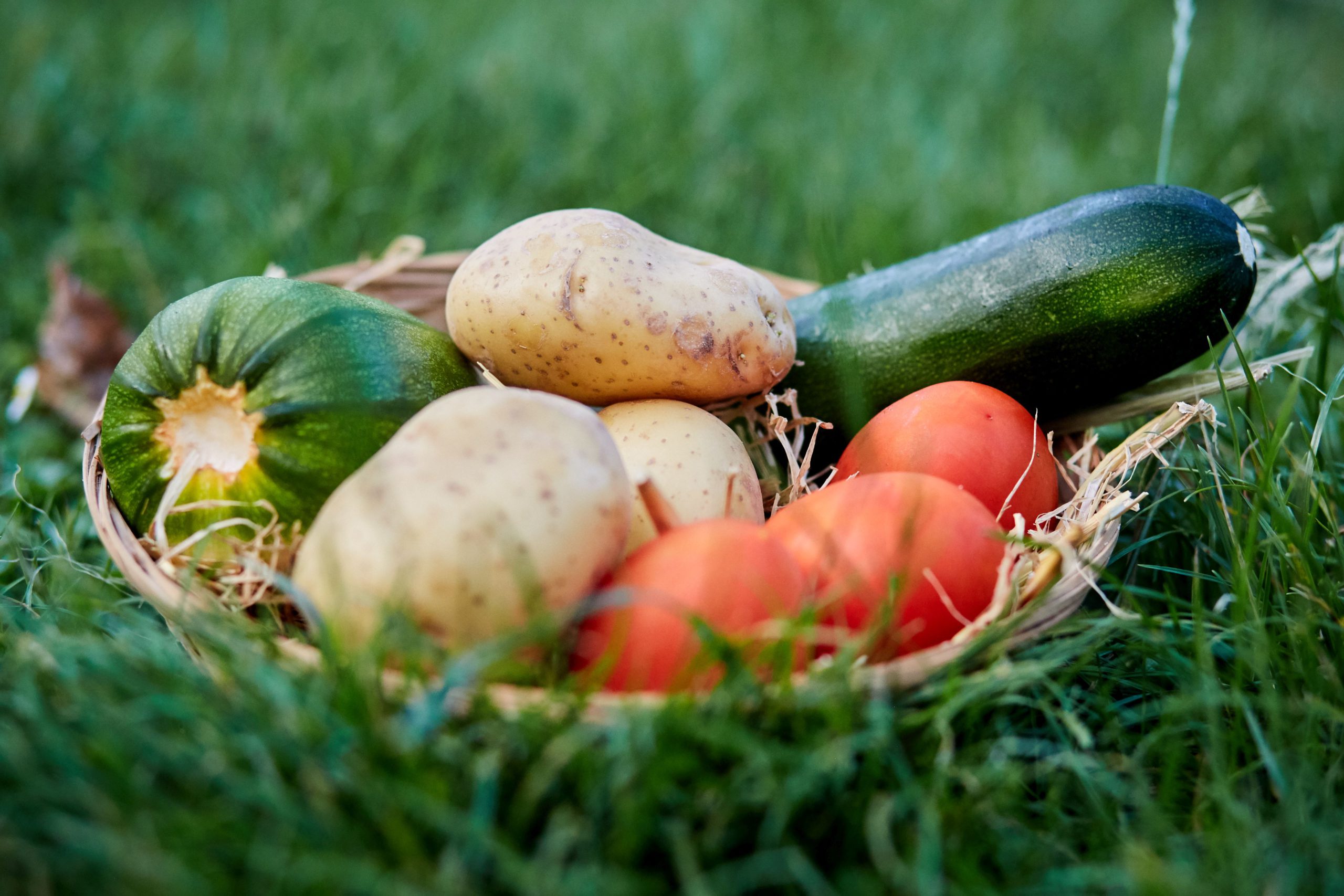Housing and food were the main driving force for inflation to reach 4.22 per cent in February, up from 3.88 per cent the previous month, for the highest figure seen in the last seven years – the period for which data is readily available.

New data released by the National Statistics Office (NSO) shows that the 12-month moving average rate for February stood at 2.13 per cent, with the largest upward impact on annual inflation measured in the food index (+1.72 percentage points).
The Retail Price Index (RPI) measures monthly price changes in the cost of purchasing a representative basket of consumer goods and services, and is closely linked with the Cost-of-Living Adjustment (COLA) increases and periodic rent payment adjustments.
The highest annual inflation rates in February 2022 were registered in housing (9.25 per cent) and food (8.02 per cent).

On the other hand, the lowest annual inflation rates were registered in water, electricity, gas and fuels (0.00 per cent) and clothing and footwear (0.94 per cent).
In February 2022, the largest upward impact on annual inflation was registered in the food index (+1.72 percentage points), largely due to higher prices of vegetables.
The second and third largest impacts were measured in the housing Index (+0.73 percentage points) and the transport and communication Index (+0.48 percentage points), mainly on account of higher prices of house maintenance services and motor vehicles respectively.
No downward impacts on annual inflation were registered for the month of February (Chart 3).
The housing index registered the highest annual inflation rate of 9.25 per cent, of which rent registered an annual rate of 0.19 per cent, materials for house maintenance registered an annual rate of 10.71 per cent, and services for house maintenance registered an annual rate of 10.83 per cent.
Rising prices have been a topic of major discussion over the last months as a supply chain crunch left many materials in short supply while shipping prices skyrocketed.
The Government recently sent cheques to around 380,000 – the vast majority of the adult population in Malta – to help mitigate these effects.
Cautious optimism across sectors: Business confidence rebounds in Q1 2025, says Central Bank
Confidence is creeping back into Malta’s business community
Government unveils new framework to establish ‘national one-stop-shop for startups’
Emerging companies will be able to access the necessary support, such as an enhanced share awards and stock option scheme
Aviation leaders warn EU and local policies are jeopardising Malta connectivity
An event hosted by the MBN in collaboration with the IBN explored the challenges facing the tourism industry






